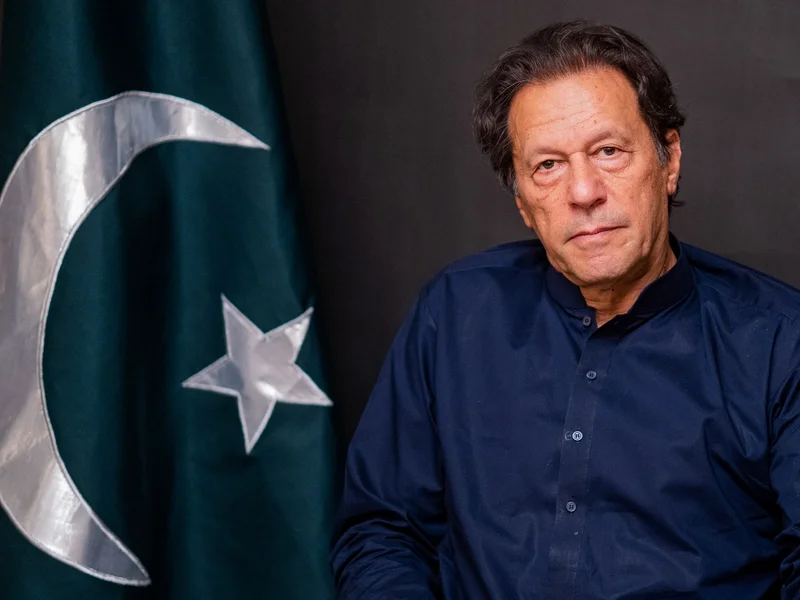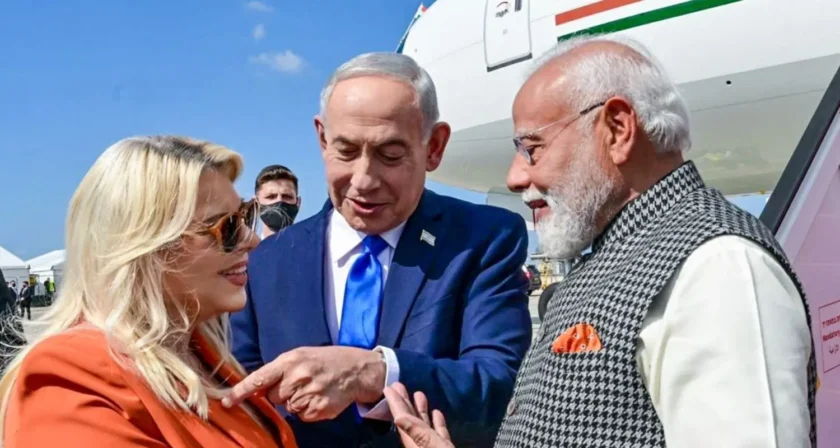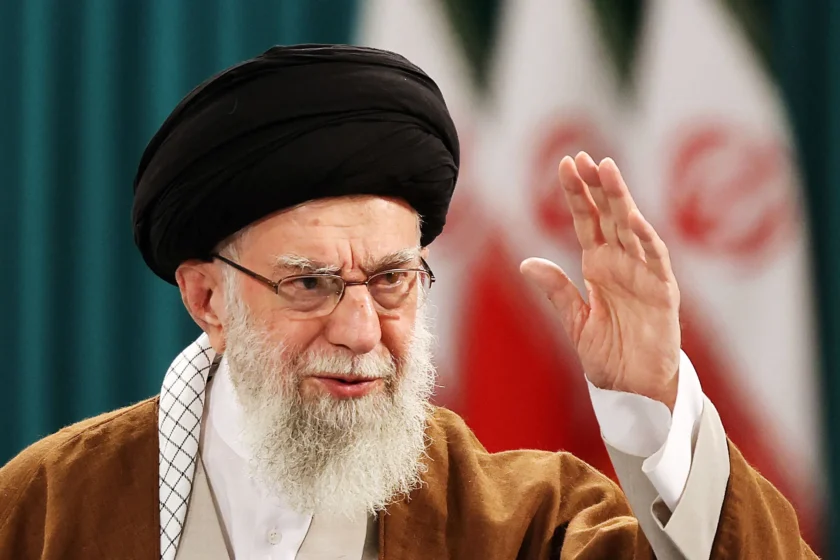Tokyo: Japan has expressed its willingness to resume long-stalled peace treaty negotiations with Russia once the situation permits, according to Akira Muto, Japan’s Ambassador to Moscow.
Speaking to Russian state news agency TASS, Muto reaffirmed Japan’s consistent position on the need for a formal peace treaty that would resolve the territorial dispute and establish a clear, mutually recognized border. “A treaty that eliminates ambiguity and builds stable, law-based ties between our countries is essential. This will ultimately benefit both sides,” the ambassador stated.
Highlighting remarks previously made by Russian President Vladimir Putin—who noted Russia’s openness to better relations with Japan—Muto emphasized the importance of resuming dialogue when conditions improve. “We recognize these statements and remain committed to restarting talks on a peace agreement as soon as possible,” he said.
Muto also reiterated Japan’s support for diplomatic efforts aimed at ending the ongoing conflict in Ukraine. He pointed to U.S. involvement, saying, “We back President Trump’s initiatives to promote peace in Ukraine and would welcome a meeting between the U.S. and Russian leaders to work toward a fair, lasting resolution. Cooperation with other G7 nations is also key.”
Peace treaty discussions between Tokyo and Moscow have been ongoing since the mid-20th century but remain unresolved due to a territorial disagreement over the southern Kuril Islands—known in Japan as the Northern Territories. These include Iturup, Kunashir, Shikotan, and several smaller islets, which came under Soviet control after World War II.

While Russia insists its sovereignty over these islands is legally indisputable, Japan maintains they are part of its historical territory and have been under illegal occupation.
Relations between the two nations took a downturn following Japan’s imposition of sanctions on Russia in response to its military actions in Ukraine. In turn, the Russian Foreign Ministry said it saw no reason to continue talks with a country it viewed as unfriendly and working against its strategic interests.
Despite these setbacks, Japan’s diplomatic message through Ambassador Muto signals a potential path for future engagement—should geopolitical conditions allow for renewed negotiations.









